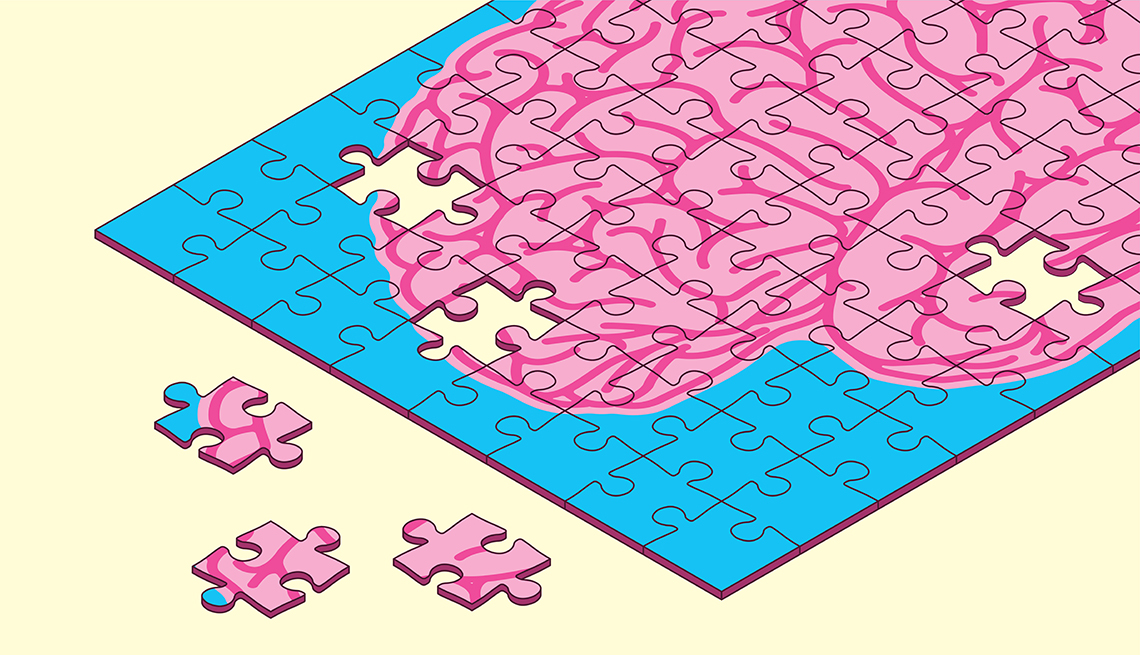
- Select a language for the TTS:
- UK English Female
- UK English Male
- US English Female
- US English Male
- Australian Female
- Australian Male
- Language selected: (auto detect) - EN
Play all audios:
There may be a cognitive problem at play if you spend your day tearing apart your house looking for a missing item or you regularly have to replace important items (including car keys) that
cannot be found. Worried family members may report that they were accused of moving things or, worse, stealing them. YOU WANTED A KNIFE, BUT YOU CALLED IT A FORK INSTEAD. Cognitive issues
can appear as language use problems. “There may be a difficulty in getting thoughts together or stringing words into a coherent thought,” Mastrianni says. You may replace words with related
— but not correct — words. You asked for the knife, but you meant a fork. Or you’ve lost the meaning of certain words, such as no longer knowing what a zebra is. “These are clearly signs of
a dementia process,” he says. YOU WORKED AS AN ACCOUNTANT, BUT CALCULATING THE TIP ON A RESTAURANT BILL HAS BECOME A CHALLENGE. During earlier stages of cognitive impairment, you may feel as
if things consistently require more time and effort to complete, says Joel Salinas, M.D., clinical assistant professor of neurology and an expert on neurodegenerative diseases, dementia and
Alzheimer’s at NYU Langone Health. “Context, as well as your specific background, matters,” he says. This is most telling if something that had been easy for you becomes difficult. For
example, you were a trained accountant but struggle with calculating a tip. Or you feel as if you lost your ability to do a task that was part of your day-to-day living, such as paying
bills. WHOM TO SEE IF YOU’RE WORRIED ABOUT YOUR MEMORY If you notice concerning signs, don’t put off a call or a visit to the doctor. “The earlier you can address your concerns, the more
likely you can participate in your care and preserve your independence,” Salinas says. Your primary care physician is a good place to start. Several medical conditions can cause memory loss,
some of which are reversible, so your doctor will want to rule those out first. If they have concerns after an evaluation, you may be referred to a specialist, such as a neurologist,
geropsychologist or a geriatrician for a more thorough workup. Just know: Wait times with these specialists can be long — some estimates say it takes about a month to score an appointment
with a neurologist as a new patient. _Editor's note: This story, first published May 25, 2023, has been updated to include new information._





